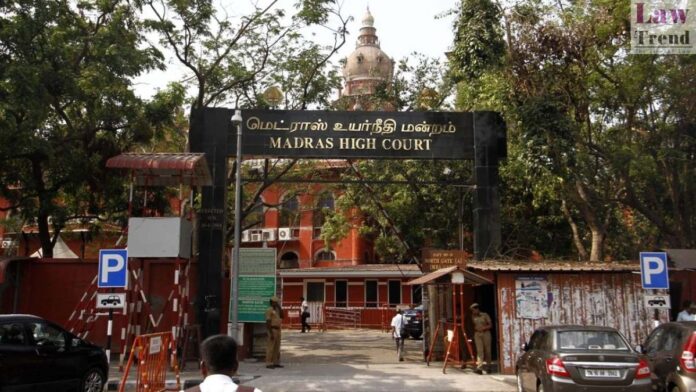The Madurai Bench of the Madras High Court has categorically dismissed a petition filed by the Kammavar Samuga Nala Sangam seeking restrictions on funeral processions through residential streets in Panayadipatti Village, Virudhunagar District. In a strongly worded judgment, the court emphasized that public streets are meant for free and equal access to all, irrespective of
To Read More Please Subscribe to VIP Membership for Unlimited Access to All the Articles, Download Available Copies of Judgments/Order, Acess to Central/State Bare Acts, Advertisement Free Content, Access to More than 4000 Legal Drafts( Readymade Editable Formats of Suits, Petitions, Writs, Legal Notices, Divorce Petitions, 138 Notices, Bail Applications etc.) in Hindi and English.







